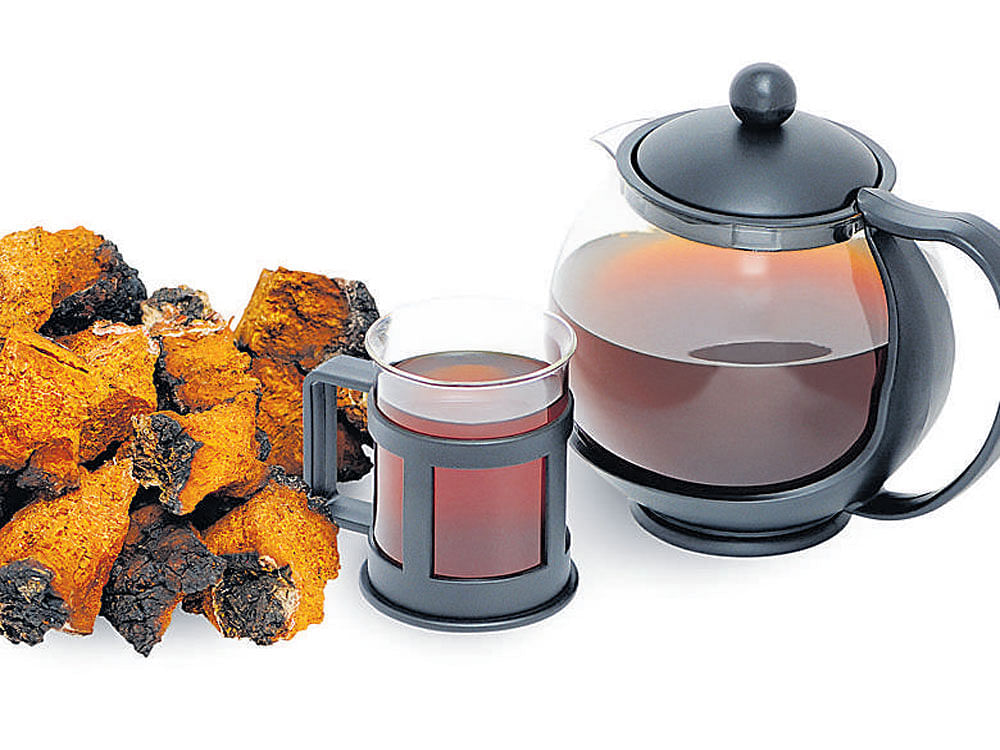According to Mintel’s 2017 global food and drink report, plant-based diets are set to explode into the mainstream this year, which makes sense, given that veganism has grown a staggering 360 % in the last decade.
Blackcurrant supplements
The last 12 months have seen a rise in interest in the muscle and fat-burning benefits of beetroot, thanks to its nitric oxide content. Now, blackcurrants are set to take centre stage for similar reasons. Rich in antioxidants known as anthocyanins, blackcurrants are being hailed for their effects on muscle recovery, performance and fat-burning. University studies have tested New Zealand blackcurrant extract, taken in supplement form for a concentrated dose, and shown it can increase fat loss by up to a third during exercise. It may also dilate the body’s blood vessels, resulting in up to 20 per cent increased blood flow and nutrient and oxygen delivery to cells.
Multi-tasking sweeteners
Sweeteners get a bad rap - with good reason. Artificially created versions such as sucralose and saccharin are made with chemicals that can have such unwanted side-effects you’d be better off with old-fashioned sugar. But we’re set to see the emergence of a new group of sweeteners with side-benefits, such as acting like prebiotics, feeding the good bacteria in the gut.
Take inulin, found commonly in chick peas, chicory root, bananas, asparagus and lentils; its concentrated form is now being used as a mild yet nutritionally rich sweetener. “Inulin is only 0.1 on the sweetness index, compared to sugar, which is 1, so it only has one tenth the sweetness,” says nutritional scientist Rick Hay. “But what is exciting about it is that it has also been shown in good scientific studies to help reduce stomach fat.”
Inulin is rich in high-resistance starch, he explains, which is what gives it this effect on visceral fat. One randomised controlled study published in October 2015 on 44 subjects found that after 18 weeks, both groups had lost five per cent of their body weight by week nine, but those supplementing with inulin (which is available in powder form or added to protein powders) lost more weight between weeks nine and 18 as the others plateaued — and that weight was mostly from around their mid-sections.
Super salts
At the recent Food Matters Live show, which showcases food trends, salt seemed to have turned from sinner to saint. But not just any old salt. “Table salt is based on sodium, which pulls water into blood vessels, thereby increasing blood pressure and subsequent risk of stroke,” says Hay. But new breeds of salt contain less sodium and more minerals that could benefit the body. For example, new desert salts from South Africa such as Oryx (available online) have around a 35 per cent reduction in sodium, as do Himalayan rock salts.
A typical supermarket bought 'Lo‑Salt’, says Hay, would be in a potassium chloride base, which may not taste like the real thing. What makes these new salts more attractive is that they actually taste like salt, are low in sodium and because of their harder, more granulated texture, you tend to use less. Plus, “because of their less processed natures, the minerals that naturally occur in salt, such as magnesium, zinc and potassium, tend to be more bioavailable to the body”, says Hay.
Five superfoods to watch this year
Maqui berries: Chilean berries rich in vitamin C and antioxidant anthocyanins, the purple pigment in certain foods that is associated with anti-ageing, they taste a little bitter but come with nutritional punch. You can buy them as concentrated powder or get them raw.
Watermelon seeds: Move over, pumpkin and chia, watermelon seeds will be everywhere in 2017.
Chaga mushrooms: I first discovered chaga tea when the Hemsley sisters served it to me during an interview. Bitter and pungent, chaga is said to be the king of medicinal mushrooms, boosting the immune system with antimicrobial and antioxidant properties. The tea is stupidly expensive so having a concentrated powder form is more affordable.
Nut oils: Nut butters were a thing in 2016, but now a new breed of fancy cold-pressed nut oils are coming to town, from almond to cashew, walnut to hazelnut. They’re pungent and strong tasting, so you only need a little and Rick Hay recommends using them sparingly, raw, as cooking could damage the fat. Look out, too, for avocado oil, which is best used the same way.
Algae fats: Until recently, vegetarians and vegans who wanted to supplement with essential omega-3 fats had few options more than flaxseeds. But these didn’t provide omega-3 fats known as EPA and DHA, found only in oily fish and not made by the body, hence their name: essential fatty acids. Algae, on the other hand, is rich in these substances, making it a great omega‑3 source for those who avoid animal products.
